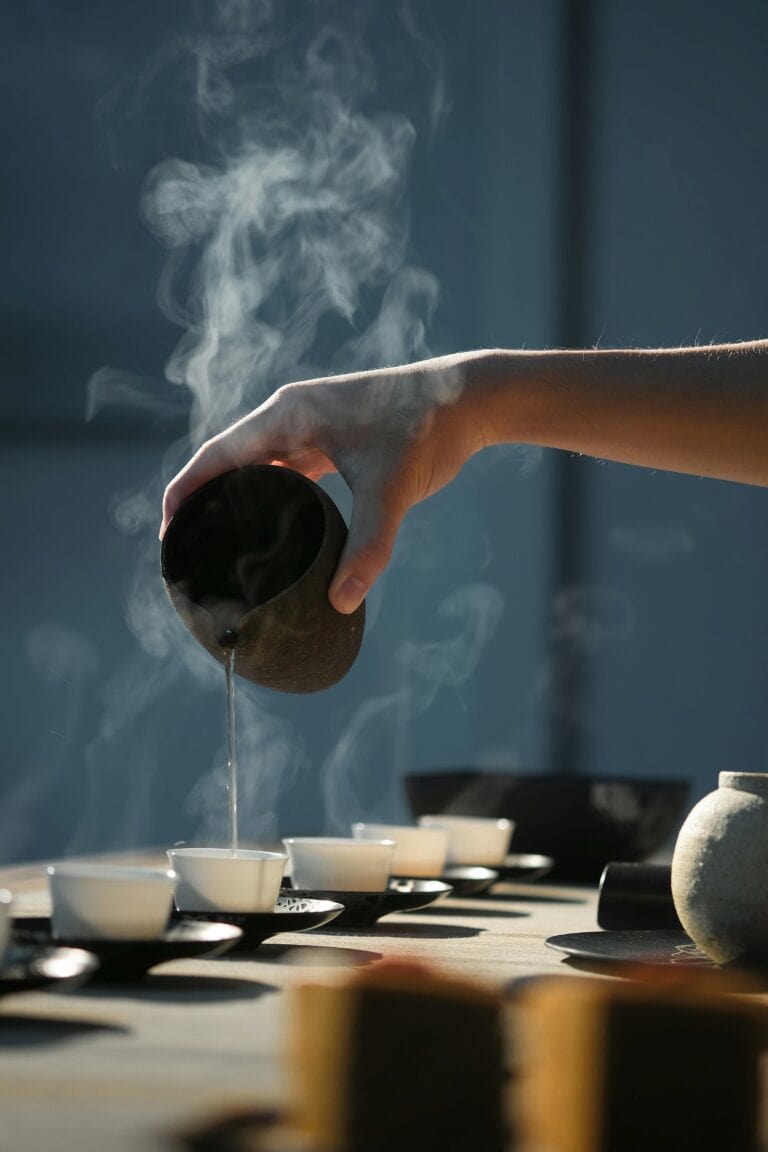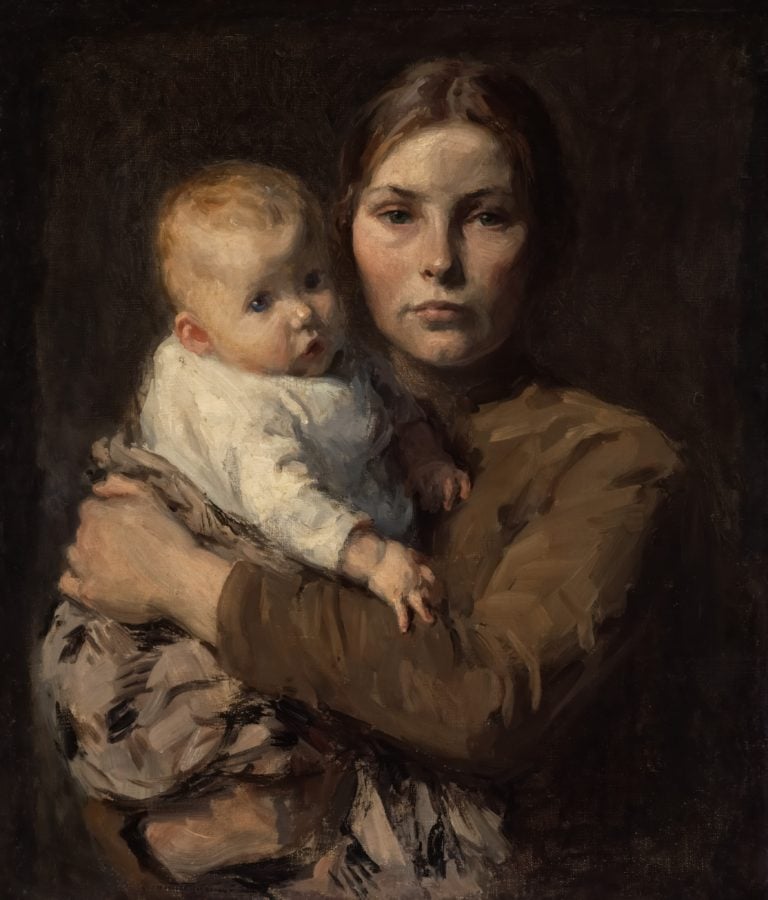OCD in Cleanliness: 7 Hidden Struggles Behind the Need to Feel Clean

Cleanliness isn’t always about soap and disinfectant. For many living with OCD, it’s about safety, guilt, control—or avoiding something terrible they can’t quite name. When OCD takes over, the urge to be clean isn’t a preference. It’s a prison.
OCD in cleanliness can show up in subtle routines or full-blown rituals that dominate your day. Here are 7 ways OCD transforms cleanliness into a mental battleground, and how healing begins by learning to sit with uncertainty.
1. Feeling Dirty Without Physical Evidence
With OCD, dirt doesn’t have to be visible. It’s a feeling. You might know your hands are clean, but it doesn’t feel that way. This emotional discomfort—rather than real contamination—drives compulsive cleaning behaviors.
2. Avoiding Anything That Feels “Contaminated”
Whether it’s a bathroom, public space, or even a friend’s home, certain places or people might trigger overwhelming anxiety. OCD convinces you that avoiding them is safer—even if you logically know there’s no real risk.
3. Ritualizing Everyday Cleaning Tasks
Wiping a counter becomes a multi-step ritual. Washing your hands follows a strict sequence. Showers must last a certain amount of time or be redone. The task isn’t done when it’s clean—it’s done when it feels “just right.”
4. Associating Cleanliness With Morality
Many with OCD link being clean with being good. If something feels dirty, it might also feel shameful, sinful, or morally wrong. This adds emotional weight to everyday cleaning, making mistakes feel like personal failures.
5. Constantly Replacing or Throwing Away Items
Clothes, towels, food, or objects might be discarded if they feel contaminated. This isn’t due to actual hygiene concerns—it’s OCD’s way of saying, “You can’t trust this anymore.” It leads to waste, stress, and frustration.
6. Reassurance-Seeking About Cleanliness
You may frequently ask, “Do you think this is clean enough?” or need confirmation before using something. But reassurance rarely satisfies OCD for long. The doubt comes back, louder each time.
7. Spending Hours Daily Battling the Feeling of “Unclean”
OCD in cleanliness can dominate your schedule. Long showers, constant handwashing, re-cleaning rooms, or mentally reviewing steps you took. It’s exhausting—and it can feel like life revolves around avoiding a feeling that never fully leaves.
Final Thoughts
OCD in cleanliness isn’t about being tidy—it’s about being safe, certain, or forgiven. But the pursuit of perfect clean never ends, because it was never about dirt in the first place.
With ERP therapy, self-compassion, and support, you can break the cycle. You can learn to feel the urge—and not obey it. And in time, you’ll realize: life doesn’t have to feel perfectly clean to be truly lived.




